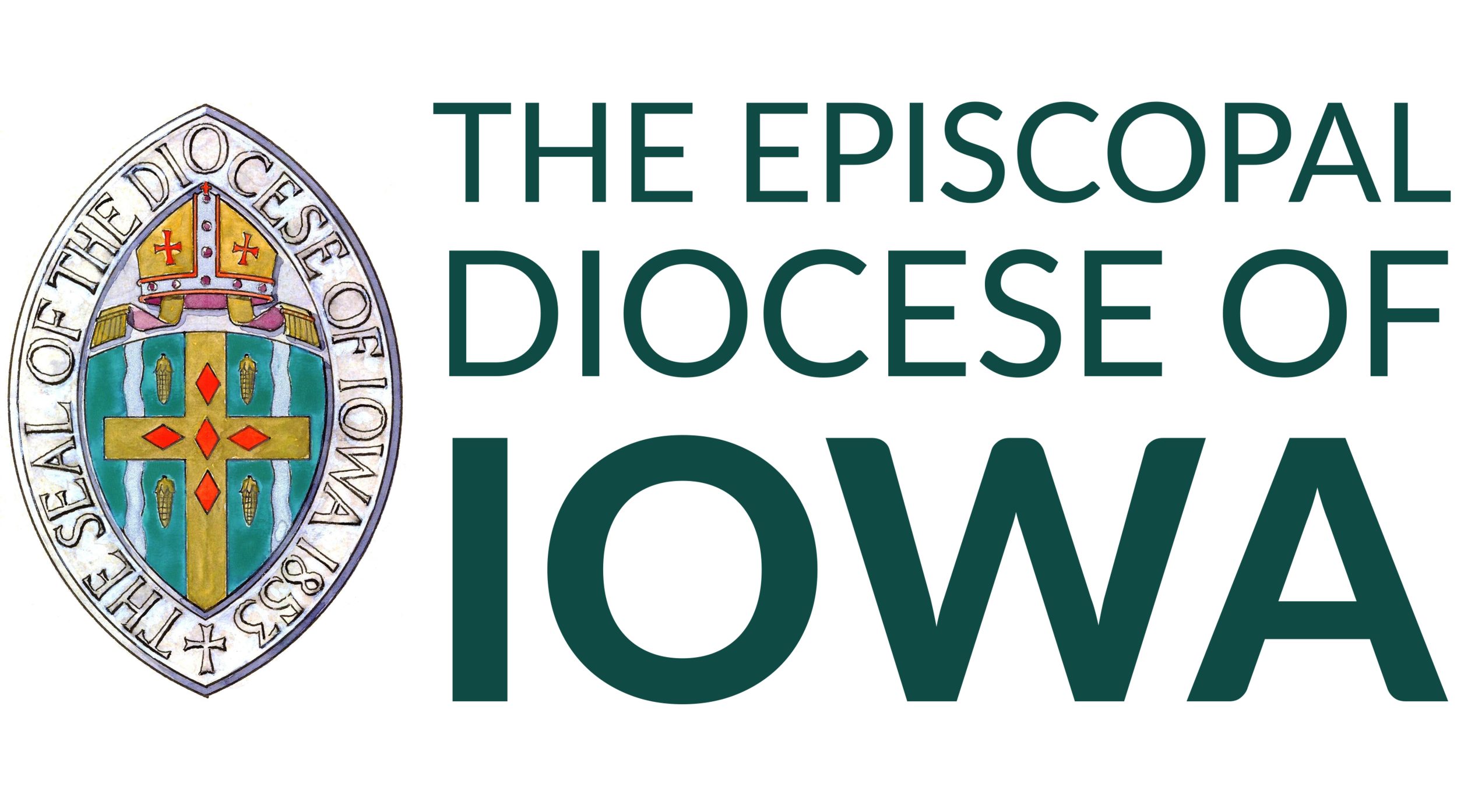Safe Church, Safe Communities
** Please check to see that your training is up-to-date. Training must be completed every THREE years to be in compliance with our Safe Church Policy.**
Diocesan Administrator: Amy Mellies
Intake Officer: The Rev. Kris Leaman
In February 2020 a group consisting of William Graham, William Smith, Rev. Kris Leaman, and Amy Mellies worked to adapt the model policy which was passed at General Convention in 2018. On January 9, 2021 the Board of Directors for the Diocese of Iowa approved an adapted version of this policy. The policy consists of three segments: Policies and Procedures for the Protection of Children & Youth, Vulnerable Adults, and Pastoral Relationships.
Online training for Safe Church, Safe Communities is available. The new courses became available in January 2022, and need to be completed every THREE years. Contact the administrator in your congregation for login information. If your congregation does not have an administrator, the person in charge of your congregation should select someone to serve in that role, and then contact the diocesan office.
Safe Church, Safe Communities
Safe Church, Safe Communities modules to be completed are housed inside Praesidium Academy.
Introduction & Theological Background - 20min
Rules & Organizational Policies - 20min
Healthy Boundaries - 25min
Power & Relationships - 45min
Abuse & Neglect - 15min
Inclusion - 20min
Pastoral Relationships - 20min
Anti-harassment (we do not have)
Bullying - 10min
Training and Webinars
All courses are available online. You can contact the Diocesan Safe Church Administrator, Amy Mellies, if your congregation is interested in in-person training. Keep watch for online “in-person” training as well.
Amy Mellies: amellies@iowaepiscopal.org or 515-850-5215
Safe Church, Safe Communities training is required of any person who engages in, supervises or makes decisions involving pastoral relationships including, but not limited to, Diocesan Standing Committee, Board of Directors, Commission on Ministry and congregational vestry members; clergy; anyone providing counseling, pastoral care, spiritual direction or guidance, ministration of any sacrament; licensed ministers such as pastoral leaders, worship leaders, preachers, Eucharistic visitors and catechists; persons in the ordination process and all paid employees. This training needs to be completed every THREE years.
Contact the administrator in your congregation for login information. If your congregation does not have an administrator, the person in charge of your congregation should select someone to serve in that role, and then contact the diocesan office. We will then send that person instructions. Due to the overwhelming request for new login information, diocesan staff is unable to set up users for congregations.
Episcopal Diocese of Iowa Policies and Procedures for Children, Youth Vulnerable Adults, and Pastoral Relationships
List of Appendices
A. Screening & Training Protocol
B. Recommended Practices & Guidelines for Social Media and Electronic Communications for Children & Youth
B.Recommended Practices & Guidelines for Social Media & Electronic Communication with Vulnerable Adults
C. Application (including release form) for Ministry with Children & Youth
D. How to Check References - Ministry with Children & Youth
E. Application - Acknowledgement, Release & Signature - Ministry with Children & Youth
F. How to Conduct a Criminal Background Check
G. How to check the Sexual Abuse Registry in the State of Iowa
H. Reference Questions - Ministry with Children & Youth
I. Confidential Notice of Concern - Ministry with Children & Youth
J. Specialized Questions for Interviewing People Interested in Ministries with Adults Involving Pastora Relationships
K. Application (including release form) - Ministry with Adults Involving Pastoral Relationships
L. Specialized Questions for References - Ministries with Adults that Involve Pastoral Relationships
M. Guidelines for Providing Counseling
N. Code of Conduct for Persons Who Have Pastoral Relationships
O. Confidential Notice of Concern - Ministry with Adults Involving Pastoral Relationships
P. Individual Form of Receipt
Q. Compliance checklist for congregations
R. How to obtain Guides for Mandatory Reporters
